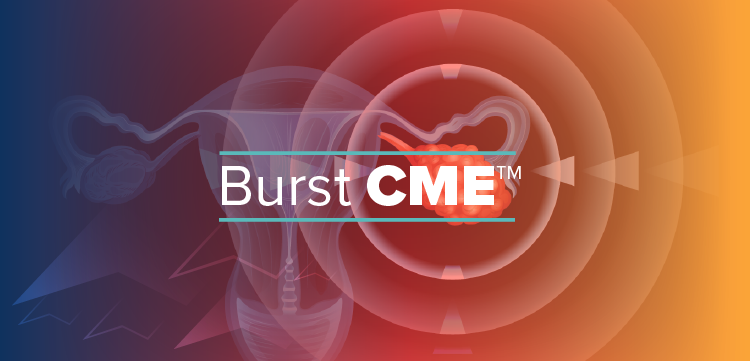
How Practitioners View Wearables
A mind map exercise examines general practitioners' perceptions of the health technology.
General practitioners attending a conference expressed a desire to become more involved in the development of wearable electronic health monitoring devices.
Still, the practitioners were concerned wearables could be detrimental to a patient’s autonomy and overall well-being.
Lucia Volpato, M.Sc., and a team of investigators collected data during a medical conference of 19 Swiss general practitioners through mind maps — diagrams used to represent concepts, ideas or tasks linked to and arranged around a central key word or idea. Separate mind maps were used based on three categories: benefits, risks and insights for the future.
Mind maps were drawn during group discussions on the themes of doctor-patient relationship, patient-device relationship and general practitioners’ broad concerns.
General practitioners participated in group discussions on smartwatches, wearable devices, and health apps. Groups were asked to answer the following questions:
- What is the role of such technologies within your practice, according to your experience?
- What risks and benefits do you identify in relation to such technologies?
- Which challenges would you associate to the concrete use in your professional practice?
Once the three mind maps were created, they were compared to one another to identify common issues raised across the different groups.
General practitioners had positive reviews about wearable devices that were deemed user-friendly to be used in a variety of health situations. Such devices could be used easily by both patients and health professionals alike. Further, widespread use of wearables could allow for large-sample data collection which could be useful for medical research.
Wearables could help raise awareness among patients on their overall health condition, according to general practitioners. The devices can also train users to make informed health decisions. And the technology can be a potential healthcare partner, allowing patients to have a bigger role in their health management.
As for risks, general practitioners identified fears regarding the unclear degree of reliability and accuracy of commercial wearables that are increasingly available. And such technologies can also increase the risk of compromising a patient’s privacy.
Participants raised the need for legislation to ensure data protection and a policy to safeguard the rights of the user of the wearable.
The study, “
















































